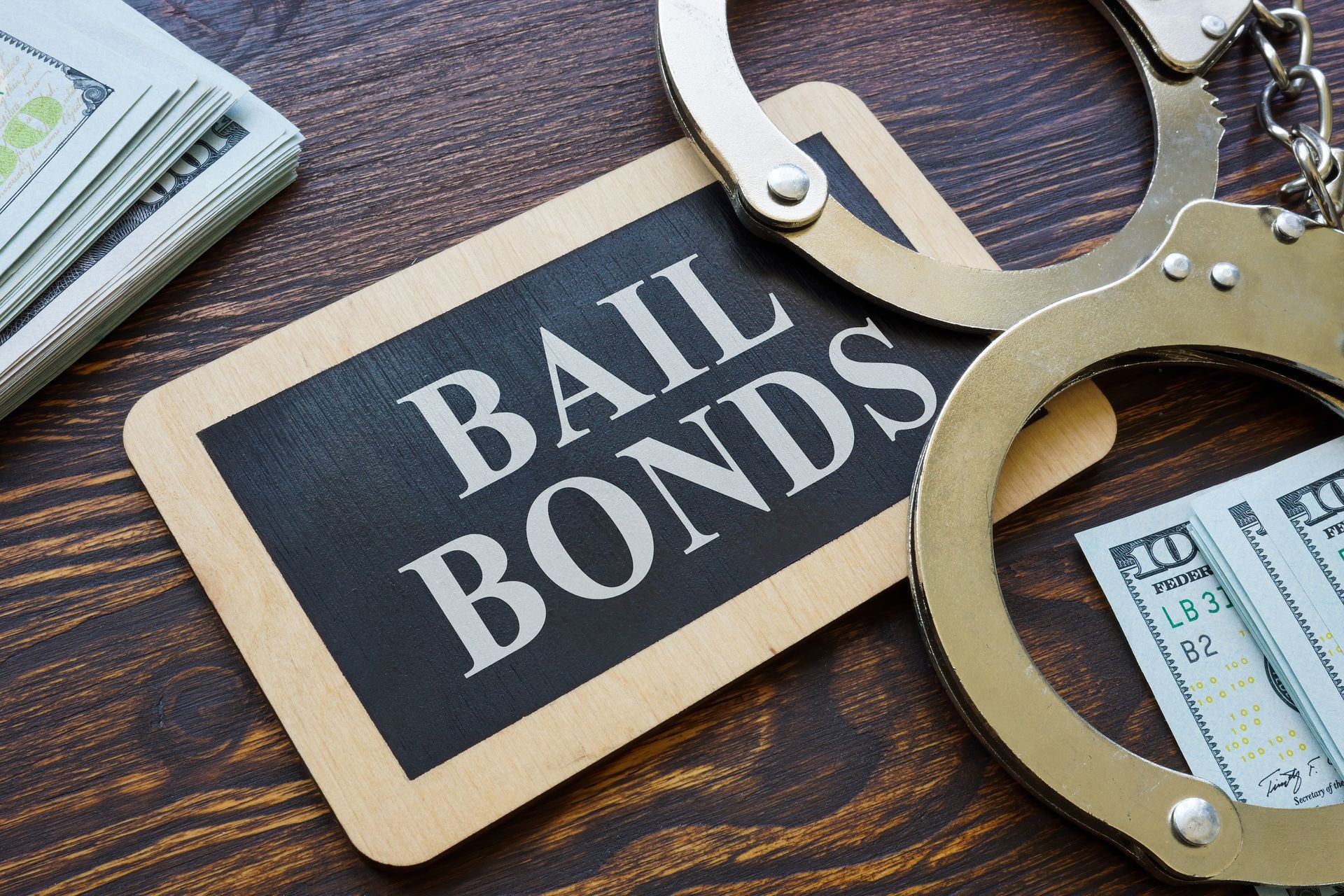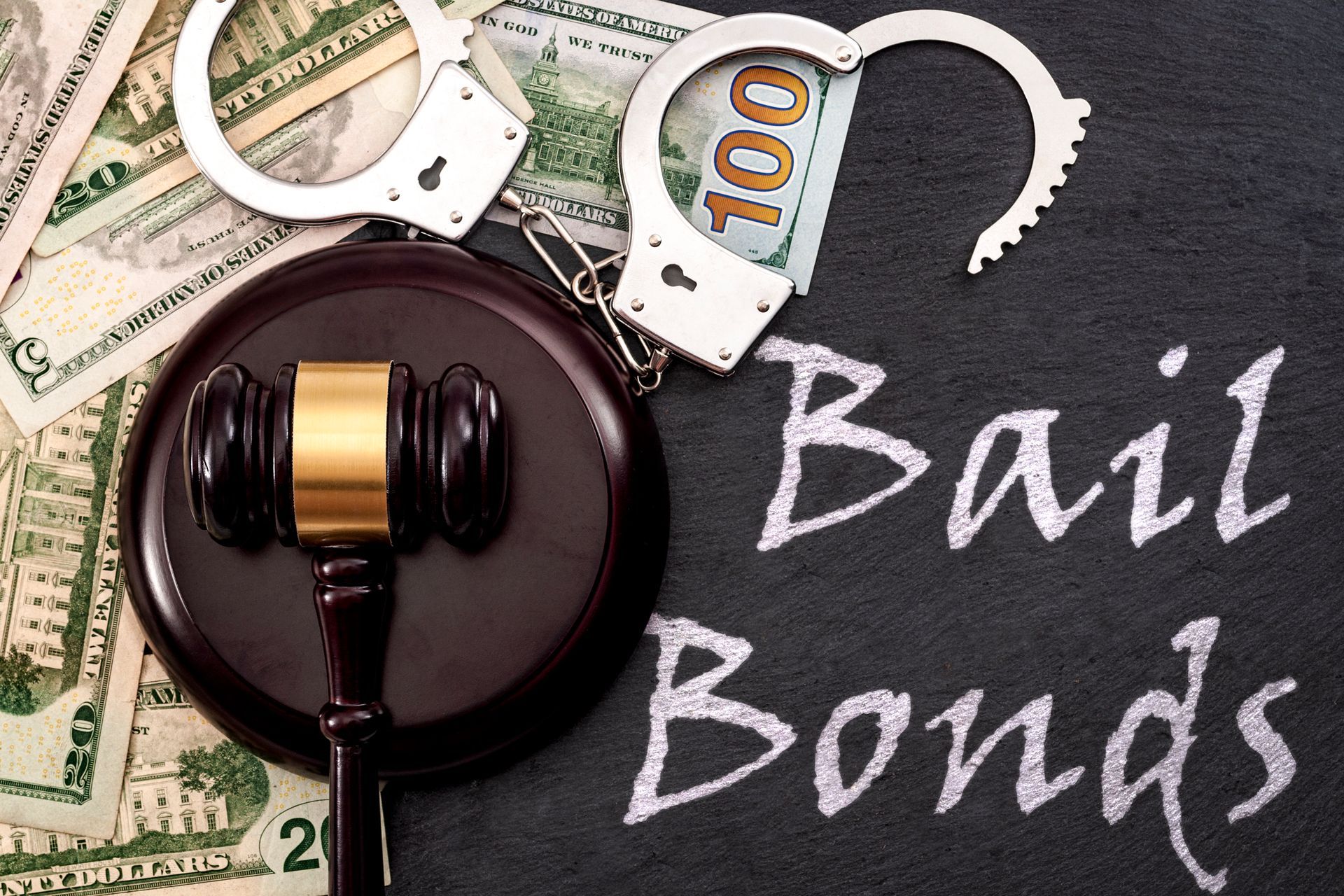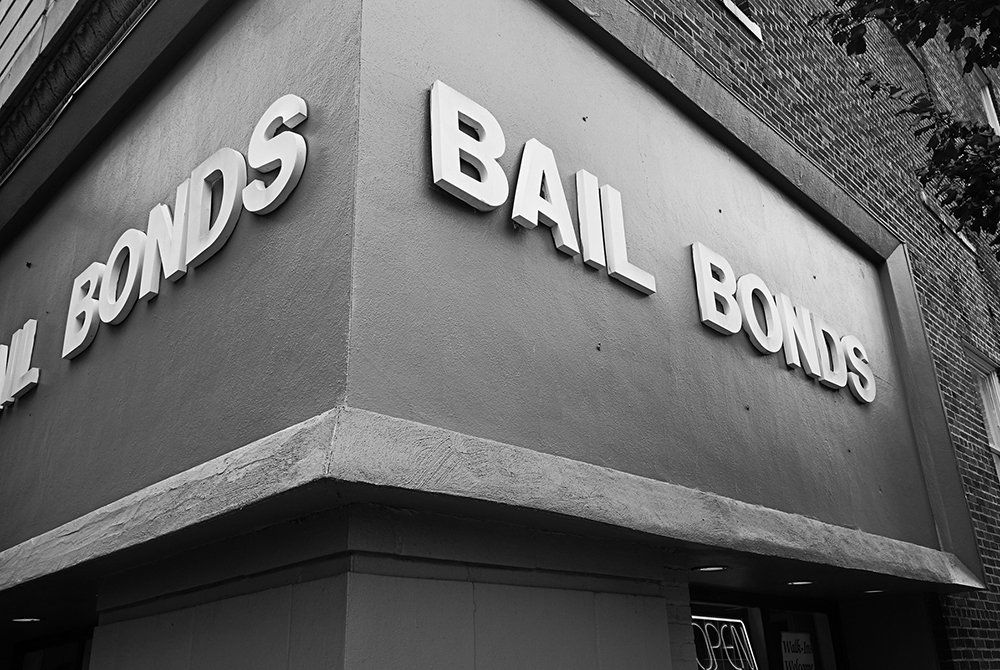7 Factors That Determine Bail Amount
The bail setting process can be confusing for anyone not experienced in the legal system. While the procedure for determining bail amounts may seem arbitrary, there's a defined approach to calculate an appropriate amount. Judges examine multiple conditions and factors such as those discussed below.
1. Bail Schedules
A judge first consults a bail schedule, which outlines general guidelines for the bail amount - the schedule features bail amounts for common crimes in that jurisdiction. Bail schedules vary between jurisdictions, but they categorize crimes as felonies or misdemeanors. Misdemeanors don't feature violent acts, but they warrant legal action.
Most jurisdictions give judges some discretion to determine the appropriate bail amount. As a result, judges may lower or raise the suggested amount based on a variety of factors. Courts may also rely less on bail schedules and more on risk assessment.
2. Criminal History
Your criminal history indicates the chances of staying crime-free after leaving jail. Defendants with extensive criminal records or a history of violence get higher bail amounts. In contrast, the chances of a first-time offender getting a low amount for misdemeanors is high. The judge also reviews the current criminal status and denies bail if outstanding warrants exist in other jurisdictions.
3. The Nature of the Alleged Crime
The crime's severity also influences the bail amount. Typically, misdemeanors attract lower amounts than felonies. If the charges include violent acts, the judge wants to reduce the chances of the defendant meeting bail.
Charges with the highest bail amounts include murder, sexual assault, and inside trading. For assault cases, the judge can set an extremely high amount to protect the victim from subsequent violence.
4. Ties to the Community
The court will also review your family obligations and community networks when setting bail. For instance, someone who owns a well-established business in the area may be less likely to skip court dates or run away. Similarly, a defendant with family members under their care is at a lesser risk of fleeing.
The judge will evaluate your employment history, mental state, and any other community connections. Subsequently, the bail amount will probably be standard if you have strong ties to where you work and live.
5. Flight Risk
One of the judge's concerns at your bail hearing is your flight risk, which indicates the likelihood of skipping court dates. In addition to an investigative report, the court welcomes statements by community members and any other information you provide, like your employment history.
At the hearing, the judge determines if you have the inclination, means, or incentive to flee. For example, a defendant who will serve a long sentence if found guilty can skip town. Similarly, someone facing strong evidence may be a flight risk. The bail amount will be low if you have a good record of showing up to court or strong community ties.
6. Finances
The court also reviews your income and assets since bail amounts aren't supposed to be punitive. However, a defendant with means will not be deterred by a low amount, and the judge may raise the bail to ensure they show up to court. Similarly, a person with meager finances may be adversely affected by a high bail amount. The court will also check for links between your finances and the charged criminal activities.
7. Algorithm
U.S. courts are increasingly using algorithms to set bail. The algorithm assesses the risk of a defendant failing to appear in court based on factors like past criminal records, age, finances, and employment history. It releases a recommendation or score that helps the judge make informed decisions.
As demonstrated above, judges consider multiple factors when setting final bail amounts. Once bail is set, you'll likely need a reliable bail bonds company to quickly get you out of jail. Contact us at A-Action Bail Bonds to explore your options.
















